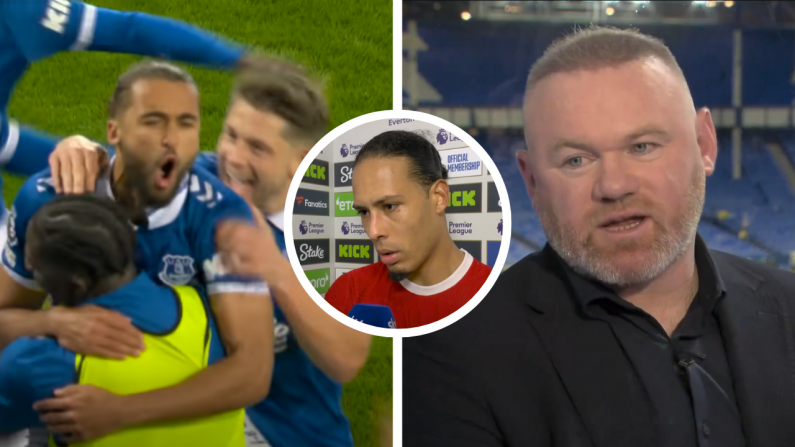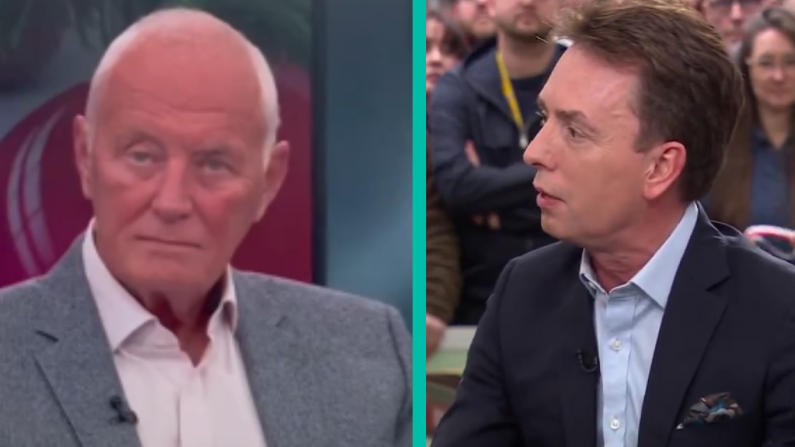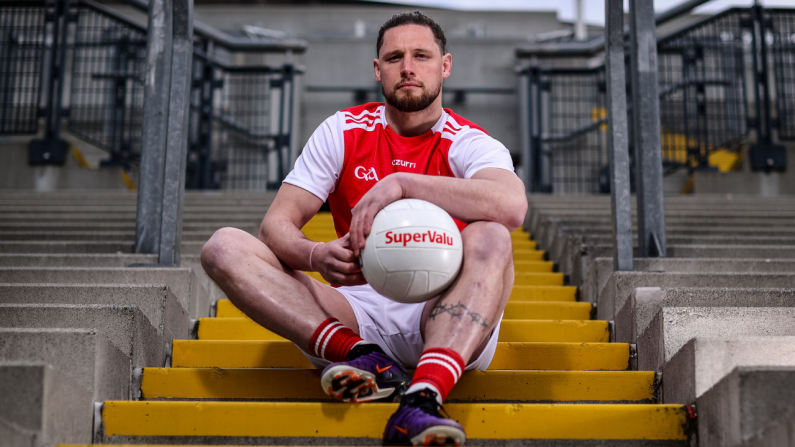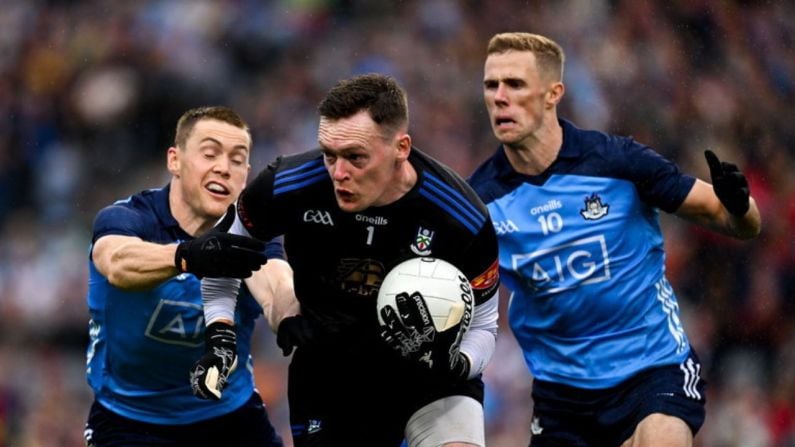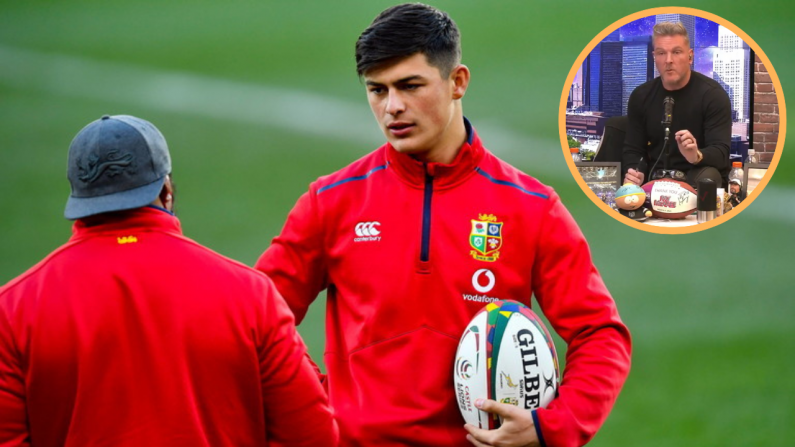NFL Hall of Fame linebacker Nick Buoniconti announced last Friday he would donate his brain to CTE research.
76-year-old Buoniconti delivered an emotional speech in Boston, the home of his first team the New England Patriots:
Very difficult to watch: NFL Hall of Famer Nick Buoniconti, who played for the Boston Patriots, announces he's donating his brain to CTE research. pic.twitter.com/K4UHQ8tNvu
— Liam Martin (@LiamWBZ) November 3, 2017
This is not easy, it's difficult. I'm not half the man I used to be.
I don't do this for myself. I do it for the thousands of others who will follow me. My life, as I know it, has been taken away from me. ... I hope that my story and contribution will help thousands of others who are in this journey, or who will follow me.
Earlier this year Buoniconti announced he was declining mentally. He suffers from balance and memory issues and told Sports Illustrated "I feel lost. I feel like a child."
Buoniconti won two Superbowls with the Miami Dolphins and earned eight Pro Bowl and five All-Pro selections. The focus on CTE, a degenerative brain disease linked to head trauma, has heightened recently as the NFL injury data reports indicated drastic rises in the rate of concussion injuries during the season.
The medical journal JAMA published a study last July which showed that of 110 brains donated to science by former NFL players, 99% were found to have CTE. Former New England Patriots Tight End Aaron Hernandez, who died by suicide in prison earlier this year, was the latest case where it was revealed he suffered from CTE trauma.
Buoniconti said doctors believe his current condition is linked to CTE injuries arising from football. Currently, there is no test possible to prove the presence of trauma in a living person's brain. He is not the first to take such a step. The recently retired Warren Sapp and Matt Hasselbeck also announced their intentions to donate their brains to researchers.
The Buoniconti family have endured major suffering thanks to football. Nick's son, Marc, sustained a spinal cord injury during a college football game in 1985. He was left paralyzed.
The NFL have been criticised by many quarters for their slow response to the threat posed to players' brains. Last year, The New York Times published an article that claimed the NFL used flawed research and did not include over a hundred concussions from their studies into the matter, which the NFL refuted and demanded a retraction. The Times refused, claiming their report was accurate.
You can read Buoniconti's statement in full below:
Former Dolphins great Nick Buoniconti: "My life, as I know it, has been taken away from me." He will donate brain to CTE researchers per BU. pic.twitter.com/3mB6X3xQkQ
— A.J. Perez (@byajperez) November 3, 2017


